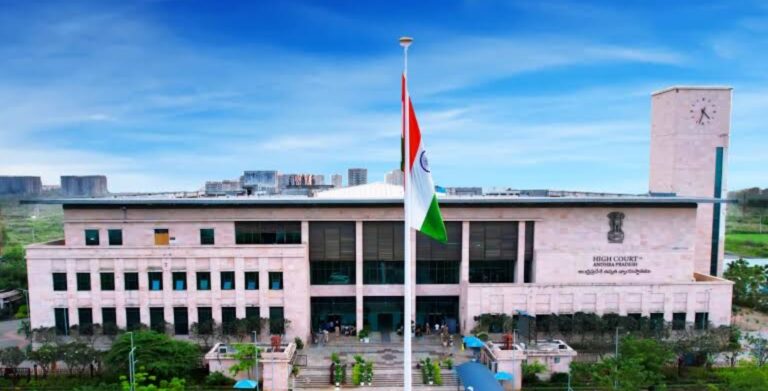In a landmark ruling, the Andhra Pradesh High Court has reaffirmed the supremacy of Article 265 of the Constitution of India, declaring that the limitation period prescribed under the GST laws does not apply to refunds of amounts collected without authority of law.
The Court, in Nspira Management Services Pvt. Ltd. vs Assistant/Deputy Commissioner of Central Tax
([W.P. Nos. 18287; decided on 26 September 2025 :: (2025) 35 CENTAX 239]), held that the GST collected on the renting of residential dwellings—an activity expressly exempt under the law—was unconstitutional. Since the tax was collected in violation of Article 265, which mandates that “no tax shall be levied or collected except by authority of law”, such collection was without jurisdiction and the refund claim could not be denied merely on grounds of limitation.
Key Legal Principle: Authority of Law Prevails Over Statutory Limitation
The High Court emphasized that amounts collected without the authority of law cannot be treated as ‘tax’ under the CGST Act, and therefore, Section 54’s time bar—which governs refund claims of legitimate taxes—has no application. The Court reiterated that constitutional guarantees override procedural limitations when a levy is void ab initio.
This interpretation aligns with the Supreme Court’s nine-judge bench decision in Mafatlal Industries Ltd. vs Union of India
[(1996) 5 SCC 536 :: (1998) 111 STC 467], which categorically held that only a validly enacted law can authorize tax collection. Any tax levied or collected contrary to law must be refunded to the taxpayer, as retention of such sums would amount to unjust enrichment by the State.
Supporting Judicial Precedents
The Andhra Pradesh High Court’s reasoning draws strength from a series of earlier judgments, where courts consistently held that the refund of tax collected without authority of law is not governed by the limitation provisions under the GST regime:
- Comsol Energy Pvt. Ltd. vs State of Gujarat
([R/Special Civil Application No. 11905 of 2020; decided on 21 December 2020 :: (2021) 55 GSTL 390]) –
The Gujarat High Court ruled that Section 54 of the CGST Act, 2017 applies only to refunds of tax validly paid under the Act. Where the collection was unconstitutional (as in the case of IGST on ocean freight, declared invalid in Mohit Minerals Pvt. Ltd.), the Limitation Act, 1963 (Section 17) applies instead, allowing refund claims based on discovery of mistake of law. - Shree Mahesh Oil Products vs Union of India
[TS-336-HC(RAJ)-2021-GST] –
The Rajasthan High Court followed the same principle, emphasizing that tax collected without legal authority must be refunded irrespective of statutory time limits. - Louis Dreyfus Company Pvt. Ltd. vs Union of India
([W.P. No. 17220/2024; decided on 14 August 2025 :: (2025) 33 CENTAX 418]) –
The Andhra Pradesh High Court, while following the Supreme Court’s decision on ocean freight GST levy, reiterated that limitation cannot restrict refund of unconstitutional collections.
Article 265 – The Constitutional Safeguard
Article 265 of the Constitution provides a foundational guarantee that no tax can be imposed or collected except by authority of law. This provision ensures that the government’s taxing power remains subject to legal and constitutional boundaries. When a tax is imposed or collected without such authority, it is void, and the taxpayer’s right to reclaim it remains unaffected by procedural time limits under the GST law.
Conclusion
The Andhra Pradesh High Court’s decision in Nspira Management Services Pvt. Ltd. stands as a powerful reaffirmation of constitutional supremacy over procedural technicalities. It ensures that taxpayers are not denied justice merely on account of limitation, where the levy itself is unconstitutional.
This ruling not only strengthens the principle that “no tax can be retained without authority of law”, but also signals a broader judicial trend toward protecting taxpayer rights in cases of wrongful or unconstitutional tax collection under the GST regime.
